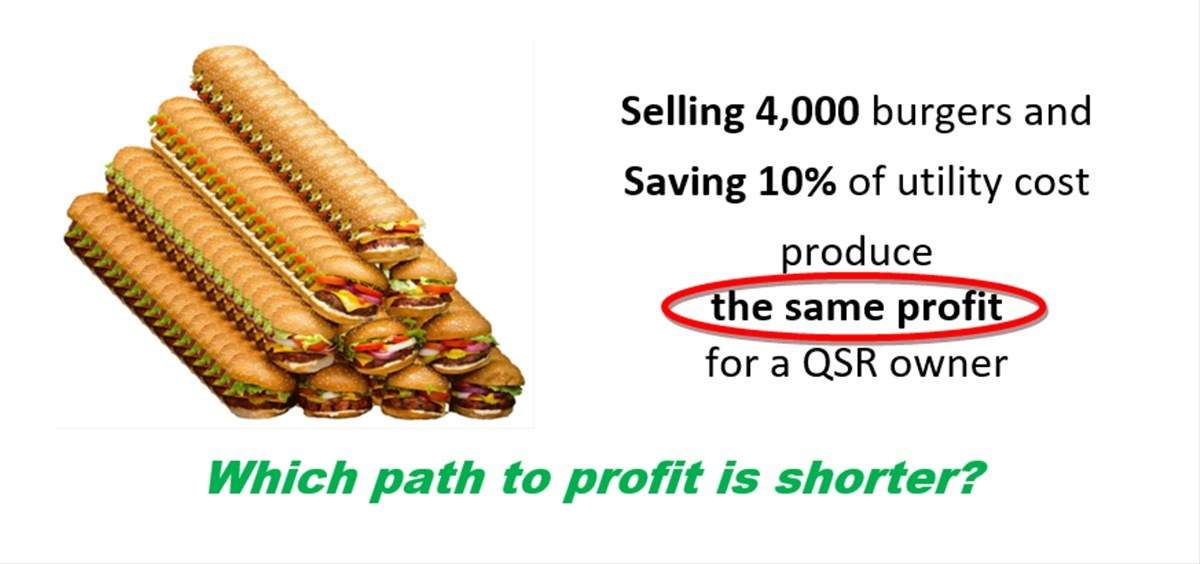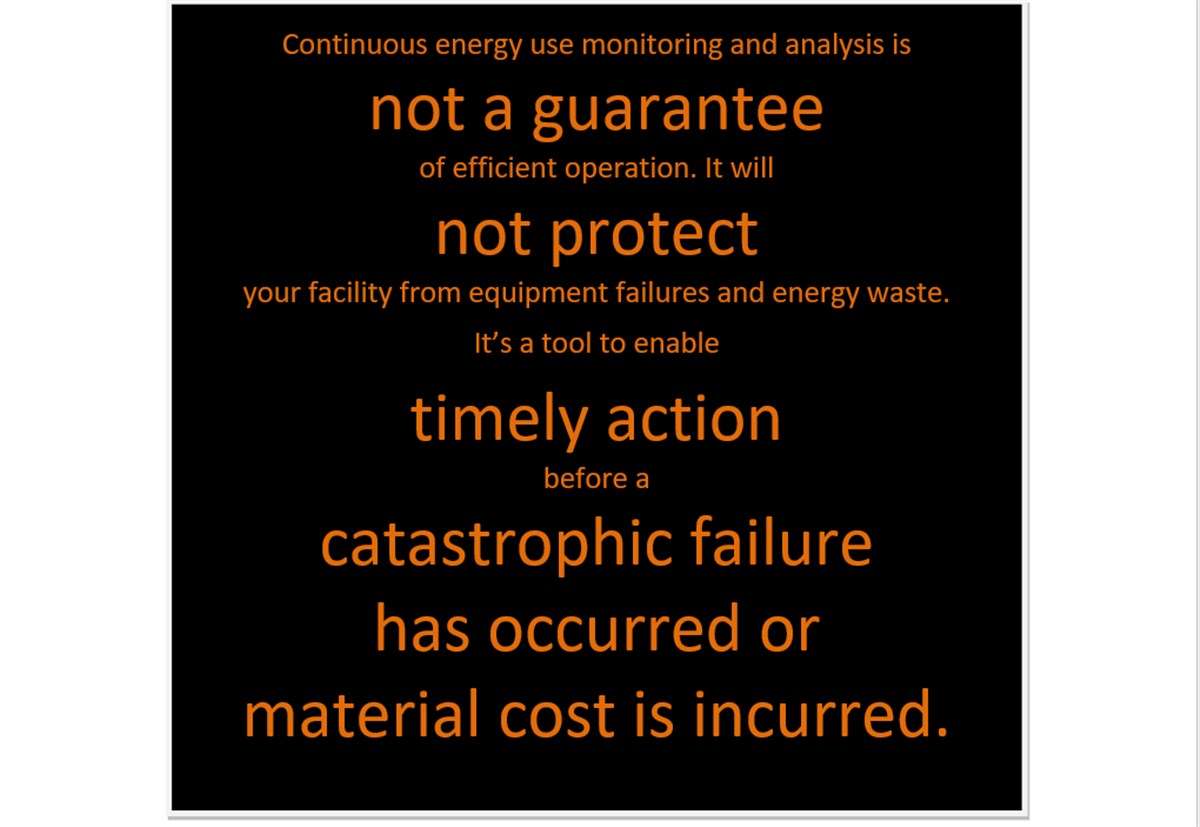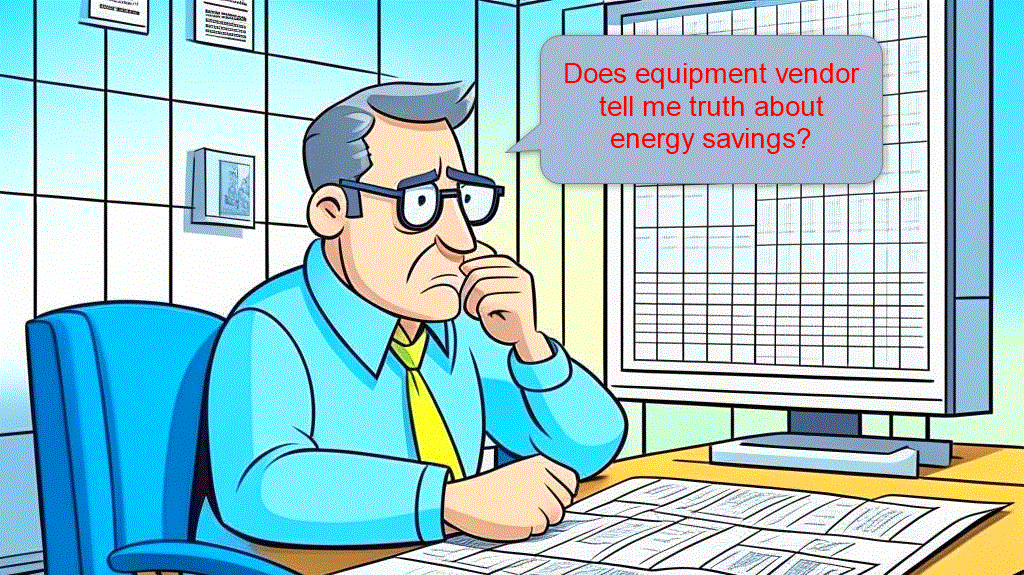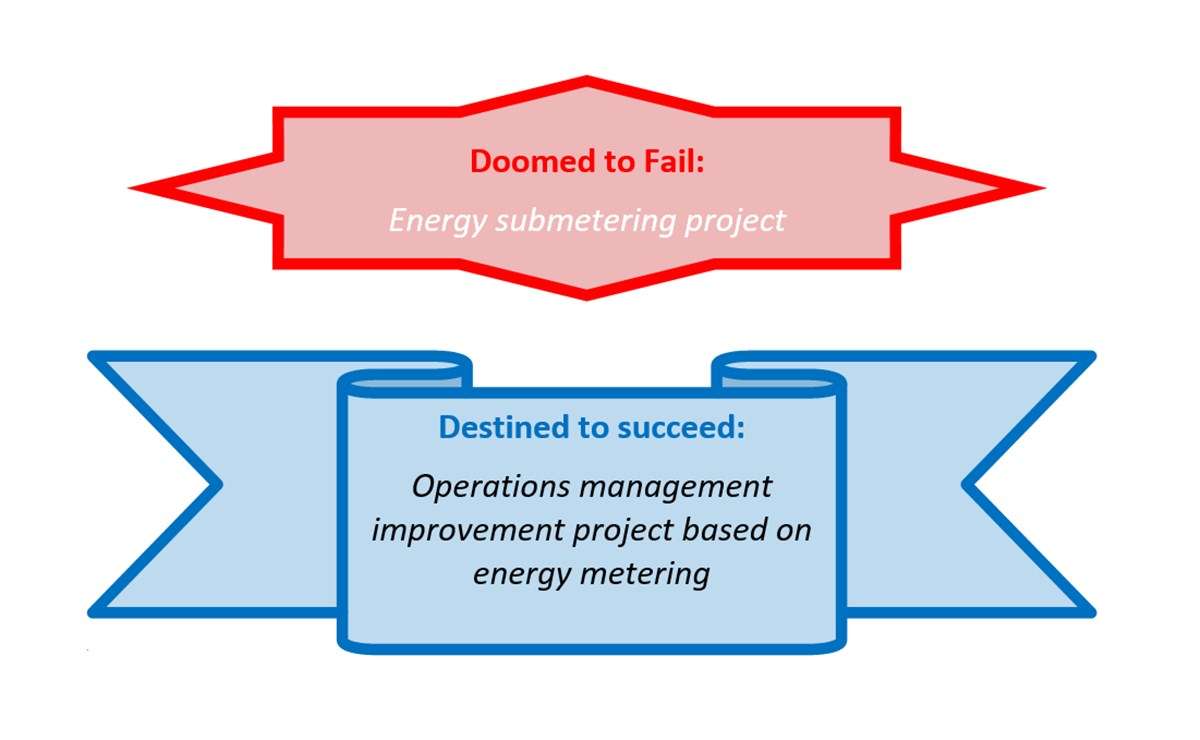In the previous post we raised the firmly established belief regarding energy in QSRs: Energy waste is not worth the owner’s bother.
Just how material is the energy burden for a QSR owner? Let’s translate this question to QSR business terms:
Selling how many burgers will produce the same profit for the owner as a 10% utility cost reduction?
Though every franchise has its own financials, for this analysis I used data readily available from McDonald’s. According to corporate advertisement for prospective franchisees, an owner takes home $150K on a $2.7 mln annual revenue; all numbers are in USD following the available data. This equates to 5.5% for an owner from a corporate poster. Discounting for advertisement exaggeration, I shall assume that a real-life owner makes 3-4% of gross sales. This means that from a sale of every Big Mac priced at $3.99 owner takes home about 15 cents – a proverbial ‘nickel and dime’.
If such MacDonald’s burns through $6,000 monthly on natural gas and electricity, a modest 10% reduction equates to $7,200 going to owner’s pocket every year.
How many Big Macs must this restaurant sell to generate the same $7,200 for the owner?
$7200 /$0.15 =48,000 Big Macs
Selling such pile of BMs is not a small feat. If sales consisted of Big Macs only, such restaurant would sell just under 2,000 daily ($2.7mln/$3.99/365 = 1,854). Selling 48,000 Big Macs more would be like keeping doors open for 26 extra days per year without paying a dime for rent, burgers, royalty, and payroll!
For a real-life QSR owner, a 10% energy cost reduction equates to
- Selling extra 48,000 Big Macs every year
- 26 days of restaurant work per year with no extra cost
- 7% increase in take home pay
Is 10% utility cost reduction attainable?
Analysis of electricity and natural gas consumption data at 900 pubs in the UK has revealed that 44% of pubs used 30-50% more energy compared to similar pubs operating in similar conditions. The excess cost was quite material – £1,625 per month on average or nearly half of what a typical pub owner makes.
I dare say that energy cost reduction is obviously worth the owner’s bother. If half a pay is not worth the bother, why stay in business at all?
How about ‘Belief #2. Finding energy waste is prohibitively expensive’?
For an answer to this question – see our next post: Energy waste in a quick-service restaurant can be found at a cost of burger, fries, and pop.







Leave A Comment